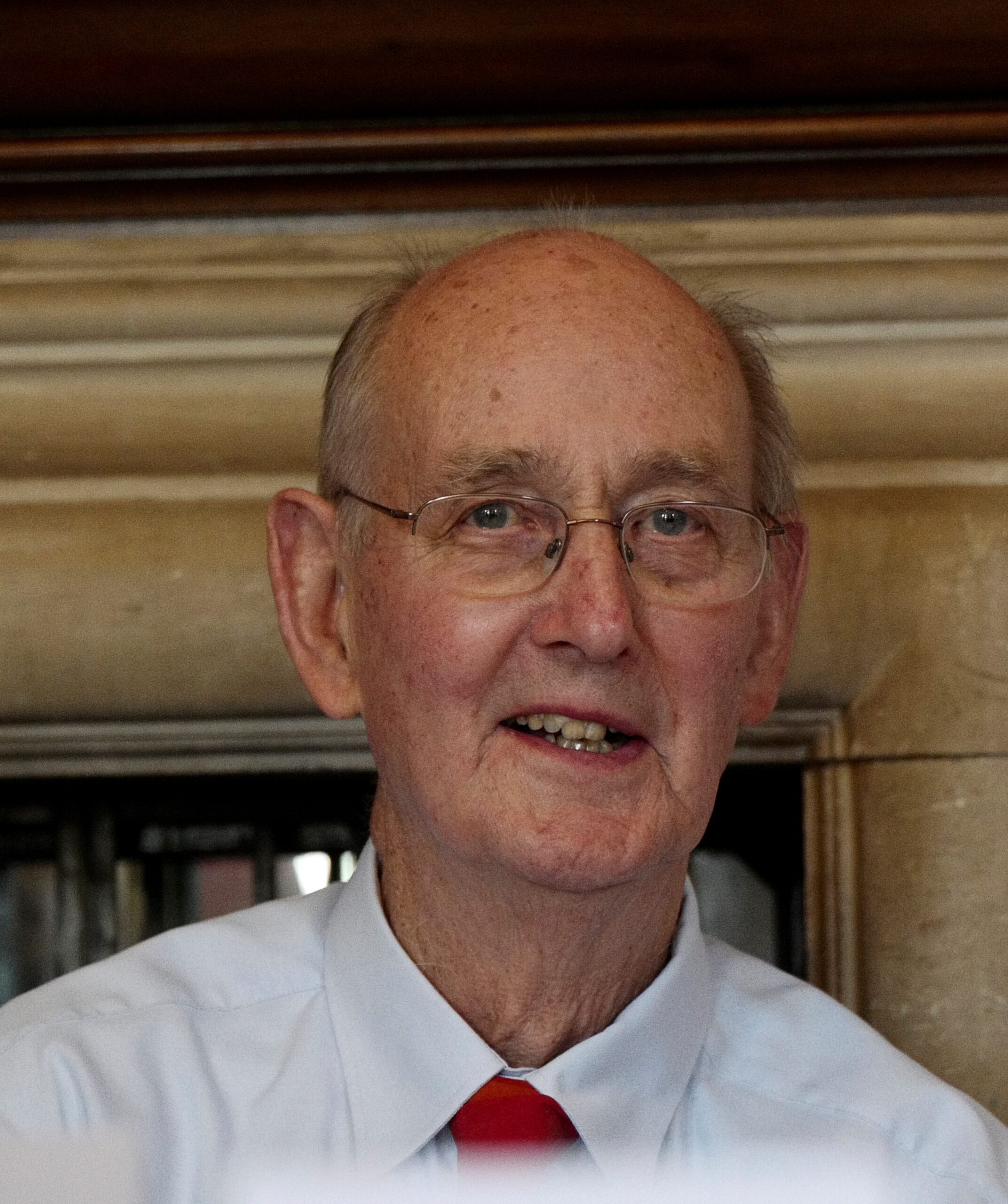Antony Proudman
North B, 1946-51
In an extraordinary career, Antony Proudman’s work laid the foundations for modern computing and gaming.
Winning a senior exhibition to Emmanuel College, Cambridge in 1953, to read Mathematics and Natural Sciences, he went on to work at Standard Telephone and Cables, where he won the 1958 Telecommunication Engineering and Manufacturing Association graduate award; then a year later joined the fledgling UK research arm of IBM in Hursley.
By the early 1960s, in a small team, he had developed the effective forerunner to ROM (Read Only Memory), which not only underpinned IBM’s redefinition of commercial computing at the time but also laid the foundations for today’s personal computing and gaming technology.
In the 1970s, Antony’s team anticipated another revolution, the internet, when they took over the European Labs Computer Network, which connected company and university computers across Europe and the US.
Friend Paul Appleton said: “Antony would always insist that it was the refreshing culture of collaboration at IBM which made these technical achievements possible – but the wisdom to hire brilliant graduates must also have played its part.”
“Antony Proudman may not be a household name; but it is very likely that every household that has access to a computer enjoys the technology that he and his team developed. He was certainly recognized for his work by IBM, who rewarded him, exceptionally, with two Outstanding Technical Contribution Awards and by the British Computer Society, who elected him a fellow in 1988.”
Antony was also keen on art and architecture, culture and society. In later years, as a trustee of Winchester Cathedral Enterprises, he was involved in the project to build a new visitors centre and, as an influential member of the City of Winchester Trust, he chaired the team that prepared its first vision statement.
Married to Elizabeth for 63 years, they had three children: Kate, Hugh and James. His family and friends paid tribute to the “extraordinary” grandfather. Of The Leys, son Hugh said: “My father loved his time there. He loved the teachers, the other boys, and living in Cambridge. Mum thinks that his time at The Leys was almost the happiest time of his life.”
Antony’s father, Philip Arthur Proudman, also attended The Leys (North A, 1919-23).
Paul Appleton said: “Anyone who ever met Antony Proudman would remark on a gentle and courteous man; what made him extraordinary, for someone who achieved so much in his life, was that this natural kindness would still be what first came to mind if they had known him, as I did, for 37 years. Those of us who were privileged to have been welcomed into his family knew a man whose generosity was matched only by his integrity. There seemed, to us, no artificial boundary between the scientist and the person; for his life, as for his work, his light will shine on for a very long time.”
From The Hampshire Chronicle, with additions from Hugh Proudman, Antony’s son
